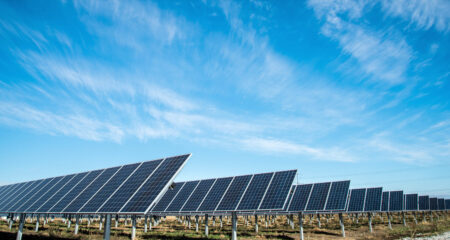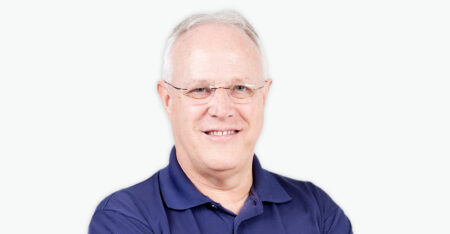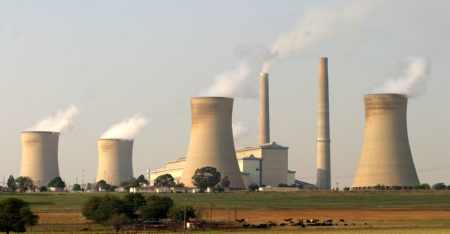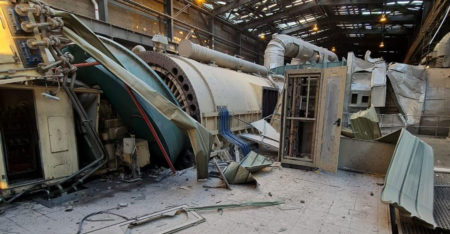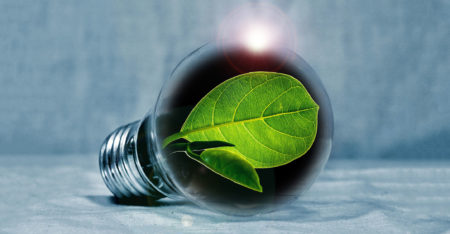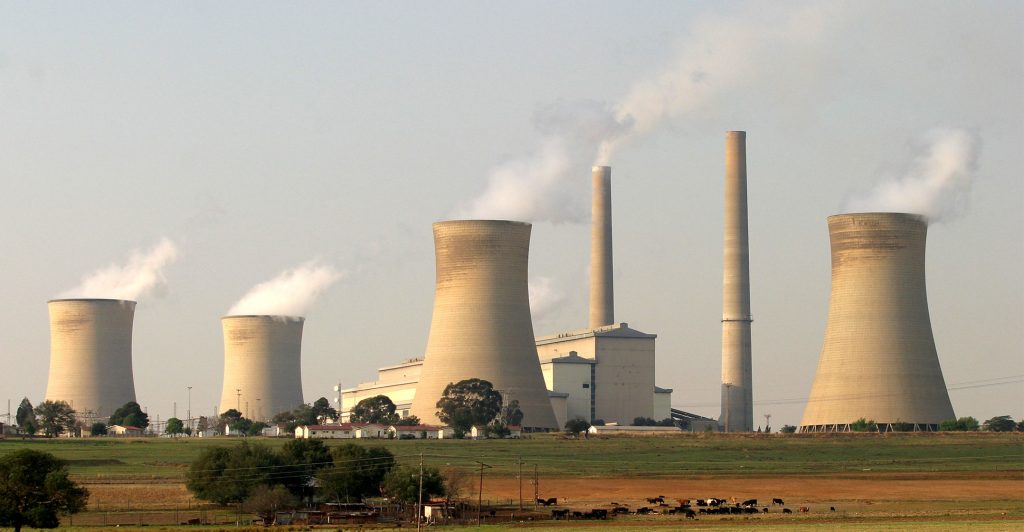South Africa could produce over five million tonnes of green hydrogen a year by 2040, according to a plan it presented at the UN climate summit.
Browsing: Chris Yelland
Energy expert Chris Yelland has warned that if Eskom gets its way, the economy will go into “a nosespin”.
Eskom chief financial officer Calib Cassim has confirmed that Eskom has applied for an average tariff increase of 20.5% for the next financial year.
Those units in Eskom’s coal fleet that do work are being utilised at a rate of more than 90% versus an international benchmark of 70% – and that concerns lenders, an energy expert has said.
Just a day after South Africa went to the polls in local government elections, Eskom has again said it will implement rolling power cuts.
Eskom has suspended several employees after an explosion at Unit 4 at the Medupi power station caused what the utility has described as “extensive damage” to the facility.
Even with the 15.63% tariff hike to be implemented on 1 April, Eskom considers its electricity tariffs to be far from cost-reflective. Yet further big price hikes will mean alternative sources of energy become more viable.
Eskom warned on Thursday that there is a high likelihood of the first load shedding in almost four months on Thursday as it struggles to return generating units to service.
Energy regulator Nersa on Tuesday defended its decision to suspend its operations during the nationwide Covid-19 lockdown, a move that has surprised energy experts.
Eskom said on Wednesday that it will implement stage-2 load shedding from 9am on Wednesday, with outages likely to continue until 11pm.


